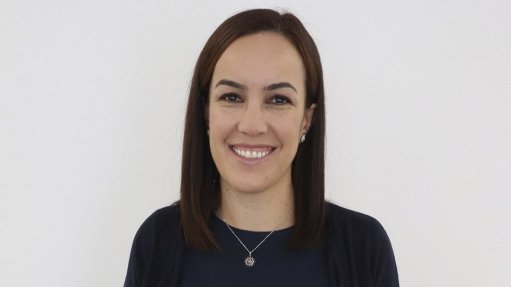
NICOLE OLIVEIRA SAM is a business enabler that helps CIOs and facilitates CEOs’ digitalisation strategies
Best practices to manage software assets provide companies with a robust foundation from which to manage cloud-based software assets and services, and achieve the goals and cost structures that companies seek when adopting cloud services, says South African information technology (IT) services subsidiary Altron Karabina software services lead Nicole Oliveira.
Software asset management (SAM), which involves assessing the systems and software in a company or commercial environment to understand and optimise their use, provides an effective way for companies to manage off-premise assets and services. The core benefits include effective control of licences, employee permission controls and information management and protection.
“SAM’s focus has grown from solely on-premise to controlling and optimising a hybrid IT environment,” she says.
Oliveira points to the need to effectively manage common corporate IT policies, such as withdrawing permissions and software licences from employees who leave the company, including from their own devices used for work or to suspend certain “permissions” during long-term leave, such as for maternity leave or work sabbaticals.
“The fundamental objective of SAM is to understand and effectively manage a company’s software assets and the associated data, providing companies with the tools to control their cloud adoption processes and use, as well as management and protection of the associated data.”
A common challenge facing companies that adopt cloud services is to effectively control the use and associated costs of cloud hosting services. A lack of control over the use of cloud resources can often lead to so-called bill shocks, which typically occur when there is insufficient guidance on how departments and teams can procure cloud services.
“Cloud platforms provide cost advantages over on-premise resources, but only if there is transparent and upfront guidance and policies for the processes to spin up and use cloud resources.”
Cloud services can provide a range of services and it is important that the appropriate performance – and associated costs – of these services are designated for each use case, thereby enabling company departments and teams to use cloud resources when they need to and remain within their operational budgets, says Oliveira.
This approach enables organisations to benefit from the flexibility of on-demand cloud services while managing costs, as well as sustaining their journey to the cloud and broader digital transformation, she adds.
Altron Karabina is an IT software multinational Microsoft partner. The company has noted a significant increase in requests from clients to help them adopt and use services from local Microsoft cloud platform Azure data centres in Johannesburg and Cape Town.
“SAM has shifted from being a compliance system to a business enabler that helps CIOs perform their work and facilitates CEOs’ digitalisation strategies. We expect that this trend will continue, while remaining a compliance and control system, which remains crucial in business IT environments.”
Altron Karabina has also noted sustained demand from clients for solution assessments to not only ensure that value is derived when adopting digital solutions but also secure recommendations on how companies can design and optimise their move to the cloud and cloud services and their broader digital transformation.
SAM specialists in companies and consulting partners such as Altron Karabina provide valuable information and capabilities that enable companies to plan the changes in their IT environments, including cloud adoption and growth, for the next three to four years, concludes Oliveira.